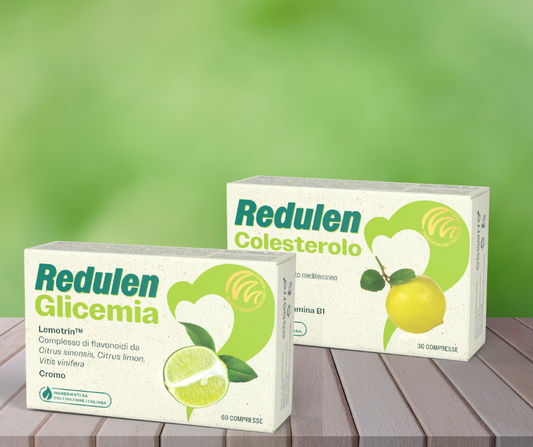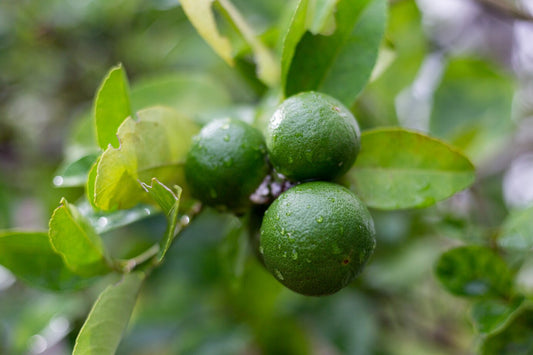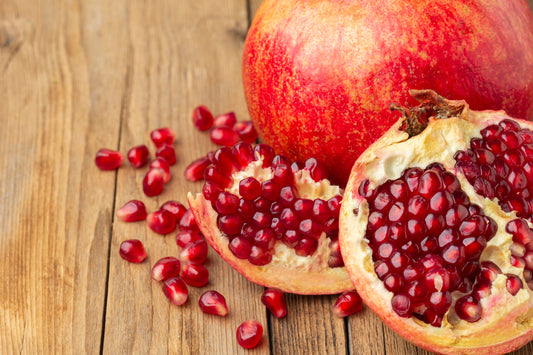Aging is a multifactorial, genetically programmed process and universal which involves the gradual decline of bodily functions. Our biological age determines structural changes ; the alteration of numerous cellular functions ; the reduction of the efficiency and functionality of organs and apparatus as well as a progressive '' fragilization '' of the organism and then causes , more evidently, phenotypic changes.
Healthy ageing is not just about the ' ' absence of disease ' ' but, as the World Health Organization (WHO) states, it means maintaining good physical and mental health and actively participating in family and social life. (active aging).
Active aging , therefore, can be considered a prevention tool to aspire to healthy aging .
FACTORS THAT INFLUENCE AGING
There are several factors that affect aging:
Genetics : Genetic predisposition plays a role significant role on longevity and on the susceptibility and/or resistance to some diseases but it is not decisive by itself , indeed, its impact is often overestimated . Studies on epigenetics show how lifestyle and environment can modify the expression of genes and influence the aging process 1,2 .
Lifestyle : Habits such as smoking , excessive alcohol consumption, poor diet , lack of physical activity and poor sleep quality can accelerate the degenerative processes associated with age.
Environment: People's health is strongly related to the environment they live in. This includes access to healthy food , air and water quality, socio-cultural context and even social cohesion.
Chronic medical conditions : Diseases such as diabetes, hypertension, and the coexistence of multiple medical conditions can accelerate the aging process, increasing mortality and contributing significantly to the worsening of conditions such as functional decline and cognitive decline .
TIPS FOR HEALTHY AGEING:
Scientific research has demonstrated how many of the effects commonly associated with the aging process are actually the result of diseases and above all of an unhealthy lifestyle and bad habits, rather than of an inevitable age-related decline 3,4,5 .
Balanced diet : A varied and diversified diet is essential for "aging well". Combining different foods, in adequate quantities, is essential to ensure the body gets the nutrients it needs . Adopt the typical dietary model of the Mediterranean diet ( recognized worldwide for its health benefits) correlates not only with a lower incidence of chronic degenerative diseases but also ensures healthy aging and a longer life expectancy 6,7 . This diet favors the consumption of foods of plant origin such as seasonal fruit and vegetables, cereals, legumes, dried fruit; a moderate consumption of foods of animal origin such as fish, white meat, dairy products and eggs ; modest quantities of red meat; sweets only occasionally and the use of extra virgin olive oil as the primary source of fat for seasoning and cooking.
Regular physical activity : Exercise helps maintain bone density, muscle strength, flexibility and the balance so it is important to combine it with a correct diet , adapting it to one 's physical possibilities. Walking for example half an hour - an hour a day is an excellent exercise (going shopping, walking the dog etc.) within everyone's reach and at zero cost. Walking also has a beneficial effect on mood (reduction of anxiety and stress) as it stimulates the production of endorphins by the body.
Regular medical screening and check-ups : It is essential to have proactive management of your health through regular check-ups. to prevent the onset of diseases or their worsening .
S ocial Connections : Maintaining social connections and actively participating in community life can improve mental and physical health and increase longevity. Social isolation is associated with cognitive decline and more generally with poorer health, both mental and physical.
Stress Management : As we age, it becomes important to find effective strategies to deal with stress. Techniques such as meditation and mindfulness practice, yoga and contact with nature can reduce stress and its negative effects on the body.
REFERENCES:
1. Franzago M, Pilenzi L, Di Rado S, Vitacolonna E, Stuppia L. The epigenetic aging, obesity , and lifestyle. Front Cell Dev Biol. 2022 Sep 13; 10:985274.
2. Fedor Galkin, Olga Kovalchuk, Diana Koldasbayeva , Alex Zhavoronkov , Evelyne Bischof, Stress , diet, exercise: Common environmental factors and their impact on epigenetic age, Aging Research Volume 88, 2023, 101956
3. Huston Patricia , A Sedentary and Unhealthy Lifestyle Fuels Chronic Disease Progression by Changing Interstitial Cell Behavior : A Network Analysis, Frontiers in Physiology , vol. 13, 2022
4. Samarakoon SM, Chandola HM, Ravishankar B. Effect of dietary, social, and lifestyle determinants of accelerated aging and its common clinical presentation: A survey study. Ayu. 2011 Jul;32(3):315-21.
5. WHO, Ageing and health,2022
6. Dobroslavska P, Silva ML, Vicente F, Pereira P. Mediterranean Dietary Pattern for Healthy and Active Aging: A Narrative Review of an Integrative and Sustainable Approach. Nutrients. 2024 May 31;16(11):1725. doi : 10.3390/nu16111725. PMID: 38892658; PMCID: PMC11174674.
7. Andreo-López MC, Contreras-Bolívar V, Muñoz-Torres M, García-Fontana B, García-Fontana C. Influence of the Mediterranean Diet on Healthy Aging. International Journal of Molecular Sciences. 2023; 24(5):4491.



